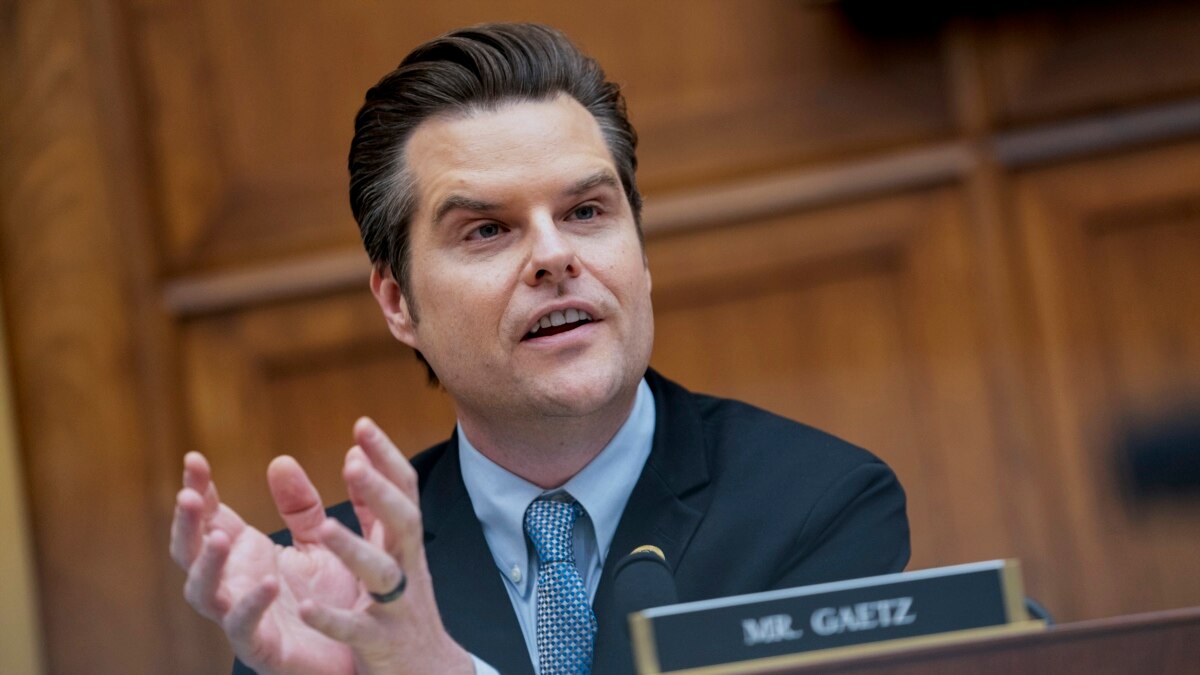Nairobi — Kenya and the European Union have signed the Kenya-European Union Economic Partnership Agreement, strengthening their resolve to enhance economic collaboration.
President William Ruto said the agreement will boost trade between Kenya and the 27 countries in the European Union.
The President said Kenya will now enjoy duty and quota-free access to the European market when the agreement is ratified by the European Parliament.
He said access to the 16 trillion euro market will stimulate the growth of manufacturing, value addition and entrepreneurship in the country.
This, he explained, will fast-track the realisation of the country’s Bottom Up Economic Transformation Agenda by expanding opportunities and increasing earnings.
“At the core of this arrangement is our aspiration to put real money into the pockets of ordinary people,” he said.
Adding: “Today, therefore, is a great day for the hardworking hustlers who often make their contribution to job creation, innovation and value addition through the micro-small and medium enterprises and small businesses.”
President Ruto and EU Commission President Ursula von der Leyen witnessed the signing of the Kenya-EU Economic Partnership Agreement at State House, Nairobi.
Prime Cabinet Secretary Musalia Mudavadi, and Trade Cabinet Secretary Rebecca Miano, among other cabinet secretaries and governors, were present
The Head of State also said the agreement “opens the door wide open for East African Community partners” to sign similar agreements with the European Union.
With this deal, he noted, Kenya has become a trailblazer in economic diplomacy.
The President said the signing of the agreement is a signal to the world that Kenya is ready to manufacture and export high-value premium products.
He noted that the agreement will attract investments into innovation, capacity development and value addition, among other sectors.
“I trust that this ceremony will inaugurate the arrival of investment in other manufacturing areas, including chemicals, pharmaceuticals, medical supplies and equipment,” he said.
The President said the government will put in place robust measures to ensure the country’s products meet the European standards.
He said the government is building 500 fresh produce markets and 47 county aggregation and industrial parks with cold rooms to preserve perishable agricultural products like vegetables and avocados and improve their quality so as to achieve the highest quality.
On her part, President Leyen said the agreement will strengthen Kenya’s export capacity and create jobs for the people.
“This agreement is fair and sustainable because it takes into account your need to open your market gradually,” she added.
She said Europe will provide the necessary agricultural machinery to boost Kenya’s production capacity.
President Ruto said the partnership also includes the implementation of a strong joint environmental conservation agenda to foster sustainable growth.
“Through the agreement, Kenya has found a like-minded partner equally committed to the transition into a green economy and, towards that end, to pursue sustainable trade,” he said.
President Ruto said he will continue pushing for the expansion of trade in the services sector to enable professionals to serve a freer and bigger market.
Prime Cabinet Secretary Musalia Mudavadi said the agreement will expand opportunities for ordinary Kenyans, especially those in agri-business.
“I am confident that its implementation will contribute to the realisation of the government’s Bottom-Up Economic Transformation Agenda,” he said.
Investment, Trade and Industry Cabinet Secretary Rebecca Miano said the agreement will spur the growth of small and medium enterprises.
“Today’s agreement heralds a new era where Kenyan goods gain immediate and permanent duty and quota-free access to the European market,” she said.
The European Union is one of Kenya’s largest trading partners and its most important export market. Bilateral trade between Kenya and the EU is worth €3.3 billion (KSh594 billion).
The trade is nearly balanced save for a surplus in the EU’s favour at €768 million.
Kenya mainly exports vegetables, flowers and fruits. On its part, the European Union exports minerals, chemical products and machinery. – Presidential Communication Service









